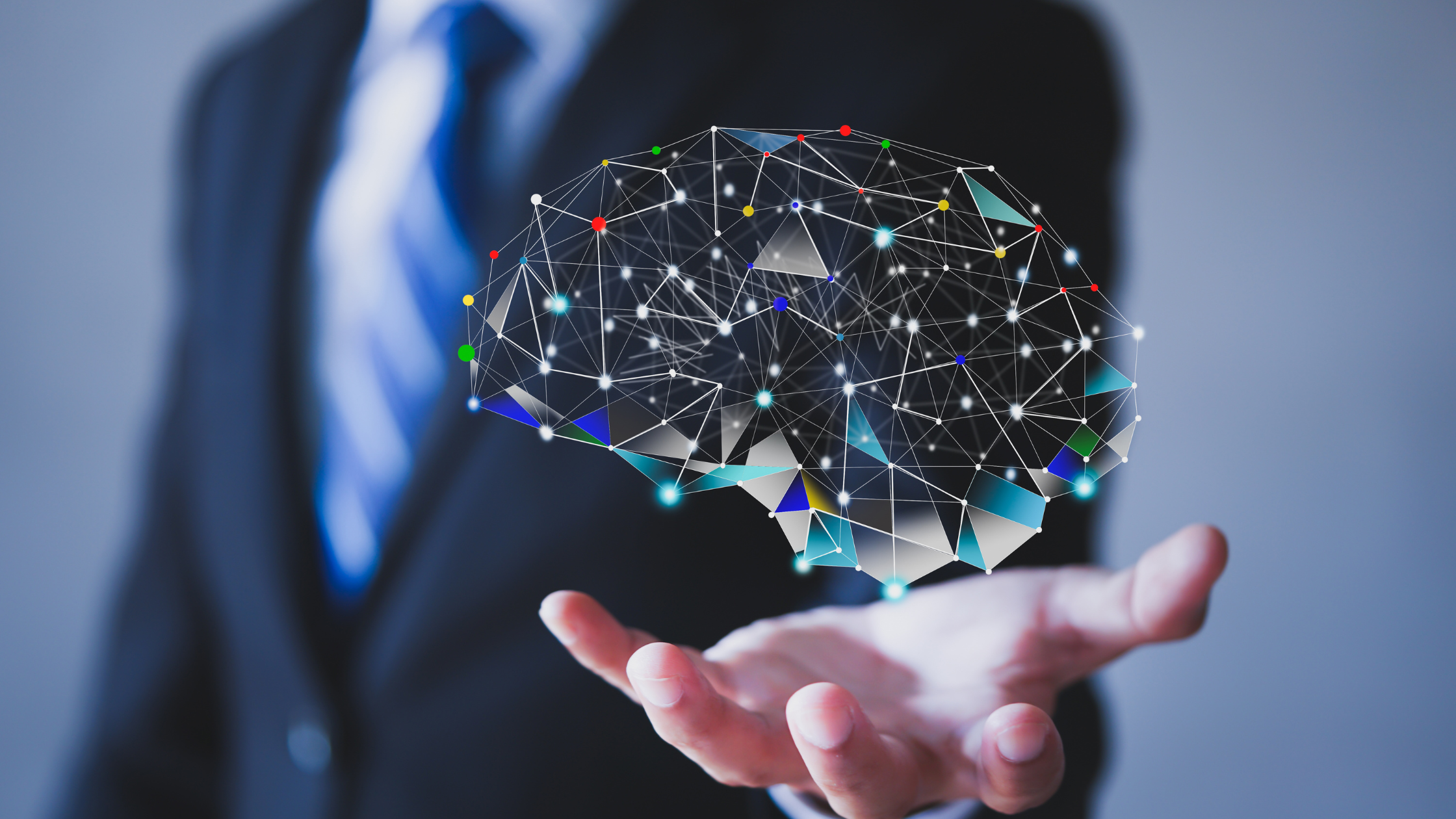How will generative AI affect UK planning and development in the next few years?
Artificial Intelligence has been a topic of much debate and speculation, particularly regarding its potential impact on various industries: including planning and development. Whenever it’s brought up, the same common fears usually fill the conversation, ranging from concerns about job loss to the rise of a Skynet-like dystopia. However, it is crucial to separate fact from fiction and explore the actual benefits that AI can bring to planning in the UK.
There are a few questions that pop up when thinking about AI and planning:
- How will AI technology change the planning system?
- Can we automate the planning system using AI?
- How will local authorities benefit from AI?
- Can an AI really design a whole city?
In this article, we’ll take a look at all these questions, explore the common fears and see how current planning and AI experts think it can revolutionise planning processes.
Mythbusting: AI as a Tool, Not a Job-Taker

One prevailing myth is that AI will automate and replace human jobs entirely. However, it is essential to understand that AI is a tool, not an autonomous entity seeking to render humans completely obsolete. The purpose of AI in planning is to enhance and transform the nature of jobs, rather than replace them entirely. AI can act more like a sparring partner, generating ideas and first drafts, which can then be refined and improved by human planners.
By automating repetitive tasks such as sifting through lengthy documents and summarizing meetings, AI empowers planners with more time for creative thinking and design, reducing bureaucratic burdens and streamlining processes.
The Power of Reasoning Engines in Planning
One crucial thing to remember is that, in order to dispel fear and move forward, we need to reframe how we think of AI as a tool.
Unlike traditional search engines, AI functions as a reasoning engine, capable of processing vast amounts of data and creating coherent structures. This ability makes it very valuable in planning, where professionals often grapple with extensive documents and large amounts of data. AI excels in identifying patterns, extracting ideas, and providing insights that human planners might overlook. By leveraging AI's machine learning, planners can gain a deeper understanding of the data at hand, making informed decisions based on comprehensive and well-structured information.
Improving AI for Urban Planning: The Role of Robust Data Sets
It all sounds great, right? Well, like most things in life, it isn’t simple. Much like any other data tool, AI will put out the best information if it’s given the best data sets to work with. Plus there is a massive difference with each iteration of AI services. Chat GTP-3 and Chat GTP-4 for example are very different. According to Open AI, version 4 is 40% more likely to produce truthful responses and 82% less likely to react to requests for content that is prohibited than Chat GPT-3.
So how can AI be developed to be most useful for urban planners? It requires access to robust and domain-specific data sets. Currently, AI systems tend to generate clichés due to them wading through the huge amount of data they collected from the internet. However, by fine-tuning AI with specialised data sets and knowledge from experts, planners can unlock its true potential. AI can process millions of data points, uncover hidden patterns, and extract valuable insights that complement human expertise.
And that’s where the human element comes back in. While AI can point out design patterns, i.e. people feeling more positive about green spaces in specific areas of cities, it’s still up to people to choose and design those spaces. By combining the power of AI with human creativity and judgment, planners can optimise the planning process and achieve more efficient and effective outcomes.
Aligning AI with Stakeholder Needs
A significant concern related to AI in planning is ensuring its alignment with the needs of various stakeholders. AI does not have goals or intentions on its own; it works by using the data it is given.
It’s crucial to consider if it’s been aligned with only the loudest or most powerful stakeholders when making its suggestions. When AI systems don't meet everyone's needs, it can cause political issues. It's important to align AI with what everyone wants, including marginalized communities.
By fostering inclusive data sets and involving domain experts in the development process, urban planners can harness AI's potential to cater to a diverse range of needs and ensure equitable outcomes.
The future of planning in the UK holds immense potential with the integration of AI. It’s not so much “if AI is used in urban planning” but “when.” While common fears about AI's impact persist, it is crucial to debunk myths and embrace the possibilities that AI brings. By recognising AI as a tool that helps human decision-making and planning capabilities, we can use its power to make things more efficient, save time, and improve design. Planners can spend more time actually planning and not getting bogged down in tedious tasks.
However, it is essential to prioritise the alignment of AI with diverse stakeholder needs and ensure the availability of robust data sets that refine AI's output. Ultimately, the fusion of AI and human expertise will pave the way for a more inclusive, efficient, and visionary approach to planning in the UK.
At Commonplace, we’ve even integrated it when it comes to analysing the data points left on different projects.
Interested in finding out more? Just click below!
.png)

